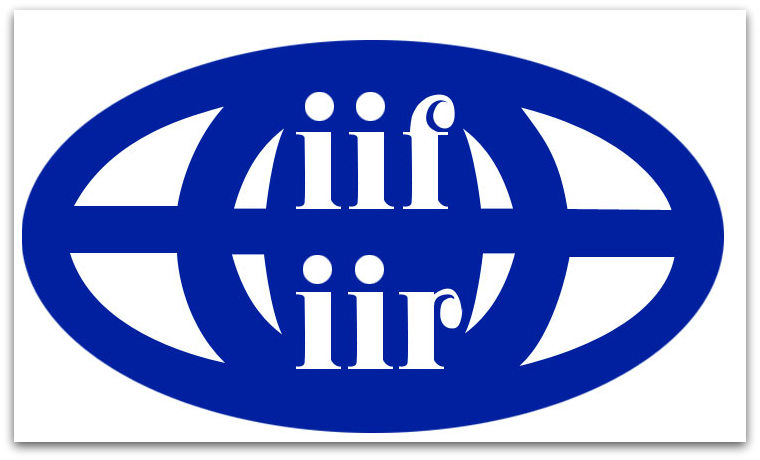The prospects for freezing of Jerusalem artichoke (Helianthus tuberosus L.) tubers
DOI: 10.21047/1606-4313-2017-16-1-13-17
UDC 604.4; 62.13.99
Melnikova V. A., Baydalinova L.S.
Keywords: diabetes, inulin, Jerusalem artichoke, coffee substitute, raw material freezing, shock freezing.
UDC 604.4; 62.13.99
The prospects for freezing of Jerusalem artichoke (Helianthus tuberosus L.) tubers
For citation: Мельникова В.А., Байдалинова Л.С. Исследование возможности замораживания клубней топинамбура (Helianthus tuberosus L.) // Вестник Международной академии холода. 2017. № 1. С. 13-17
Abstract
Jerusalem artichoke being rich in amino acid, its biochemical composition, and its large content of polysaccharides, inulin and pectin make this plant indispensable for the production highly effective medicines fortreatment and prevention of different diseases. One of themis a functional coffee substitute for people suffering from diabetes and hypertension. The freezing of Jerusalem artichoke tubers (Leningrad variety) was analyzed.The process parameters weresubstantiated. The qualitycharacteristics and changes in the frozen Jerusalem artichoke in the process of storage and the degree of freezing influence on the quality and the yield of coffee substitutewere analyzed. The weight loss in the process of Jerusalem artichoke freezing at –22 °C was 5.33%, this figure increasingby an average of 2% per month during the storage (6 months). Such key indicators as the mass fraction of pectin and inulin also experienced a sharp decline during the period of storage – from 13.08% and 5.98% to 8.2% and 3.6% respectively. As the result of theexperiments carried outat the cooling medium temperature of –35 °C the whole tubers were proved to be the most preferred form forfreezing. The losses in shock freezing at –35 °C amounted to 1.13% by weight of raw materials. Data obtained in the analysis of raw materials and coffee substitute for 4 monthsshowstable quality of shock frozenJerusalem artichokeduring the period, which allows us to recommend this method for raw materialskeepingfor 4-6 months.
Abstract
Jerusalem artichoke being rich in amino acid, its biochemical composition, and its large content of polysaccharides, inulin and pectin make this plant indispensable for the production highly effective medicines fortreatment and prevention of different diseases. One of themis a functional coffee substitute for people suffering from diabetes and hypertension. The freezing of Jerusalem artichoke tubers (Leningrad variety) was analyzed.The process parameters weresubstantiated. The qualitycharacteristics and changes in the frozen Jerusalem artichoke in the process of storage and the degree of freezing influence on the quality and the yield of coffee substitutewere analyzed. The weight loss in the process of Jerusalem artichoke freezing at –22 °C was 5.33%, this figure increasingby an average of 2% per month during the storage (6 months). Such key indicators as the mass fraction of pectin and inulin also experienced a sharp decline during the period of storage – from 13.08% and 5.98% to 8.2% and 3.6% respectively. As the result of theexperiments carried outat the cooling medium temperature of –35 °C the whole tubers were proved to be the most preferred form forfreezing. The losses in shock freezing at –35 °C amounted to 1.13% by weight of raw materials. Data obtained in the analysis of raw materials and coffee substitute for 4 monthsshowstable quality of shock frozenJerusalem artichokeduring the period, which allows us to recommend this method for raw materialskeepingfor 4-6 months.
Keywords: diabetes, inulin, Jerusalem artichoke, coffee substitute, raw material freezing, shock freezing.












